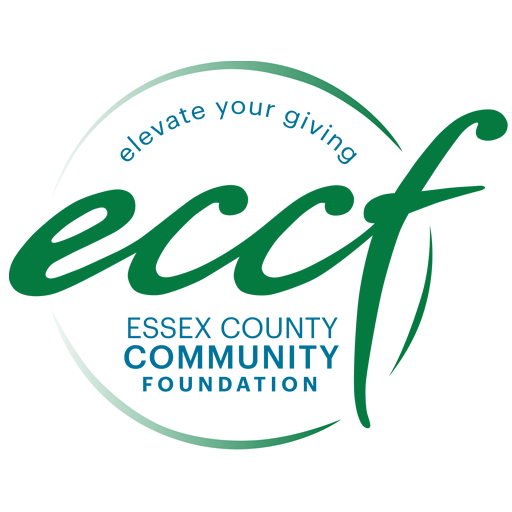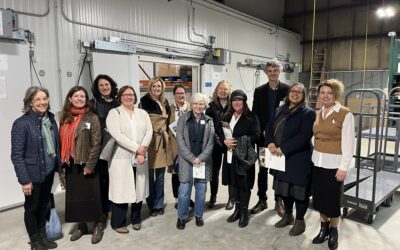By Michelle Xiarhos Curran
ECCF Communications Writer
The Point – a densely populated, culturally diverse neighborhood in north Salem with a large immigrant population – is home to a strong and tight-knit community of residents, students and businesses.
It’s also a place where many people don’t have access to the internet.
But come spring, the entire Point neighborhood – about 5,000 people – will be completely online, thanks to the collaborative work of Essex County Community Foundation’s Advancing Digital Equity Initiative.
The Point is one of 14 internet access projects currently underway as part of Advancing Digital Equity. And ECCF is on track, by the end of 2022, to exceed the collaborative goal of installing 30 internet access points that will serve 15,000 people in Essex County.
The ability to access the internet is something that has become as necessary as electricity or clean water.
“I think people don’t realize that now, in today’s world, having access to the internet is an essential need,” said Felicia Pierce, chief program officer of North Shore Community Development Coalition. “It affects the children in school. It affects the parents that have to use the internet for work. It affects seniors who are stuck in their homes and don’t have access to actual people.”
Throughout the pandemic, Pierce and her colleagues at the North Shore CDC have supplied students with computers and wireless cards. They facilitated email sign-up and classes on federal funds for small businesses. And now they are partnering with ECCF on the Point access project, which brings free WiFi right into peoples’ homes and businesses.
“This project is huge because it’s really taking the push towards digital equity to the next level,” said Kate Machet, ECCF’s director of strategic initiatives and community leadership. “We’re not just saying, ‘’There’s now free WiFi in the community center down the street.’ We’re saying, ‘You’ve now got free WiFi right in your own home or business.’”
Additional projects – many of which have strong potential to be scaled across the region – include more whole-neighborhood internet access, indoor community Wifi at two of the region’s Boys & Girls Clubs, broadband upgrades in area libraries so more people can be served and free internet access at some of Essex County’s hunger and homelessness organizations.
Right now, 20 families transitioning from the emergency shelter program at Peabody’s Citizens Inn – an organization that helps people break the patterns of instability that lead to homelessness and hunger – are receiving free hotspots so they can access the internet.
“This means they don’t miss that critical telehealth appointment with their mental health counselor. It means that parents can work or continue their job search, and it means children can do required work for school,” said Citizens Inn executive director Corey Jackson. “It means they don’t have to figure out how they’re going to get to the library because they don’t have an internet connection at home.”
This collaboration between Citizens Inn, The Massachusetts Broadband Institute at the Massachusetts Technology Collaborative and ECCF is an example of how working together will help us close the digital gap, especially for individuals and families whose every penny is going towards food, rent and other basic needs. These are residents who need the internet the most but are also the least likely to be able to access it.
“Internet access is critical to living everyday life, especially now in a post-pandemic world,” said Stratton Lloyd, ECCF’s executive vice president and chief operating officer. “People need it to apply for benefits, look for a job and tap into vital resources. These partnerships between many cross-sector stakeholders are ultimately what’s going to allow us to close these gaps and get everyone online.”



